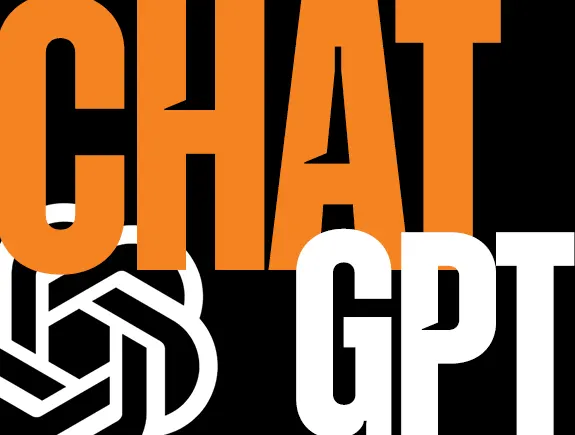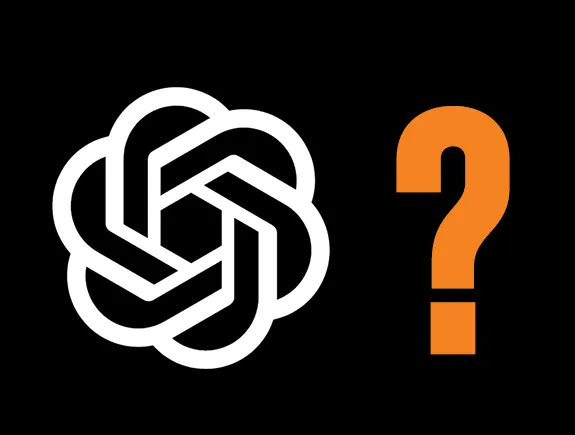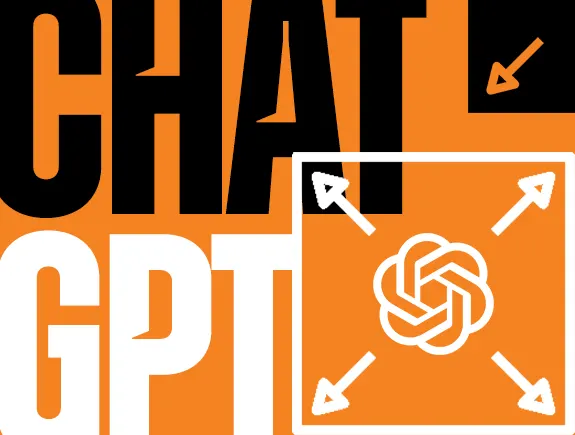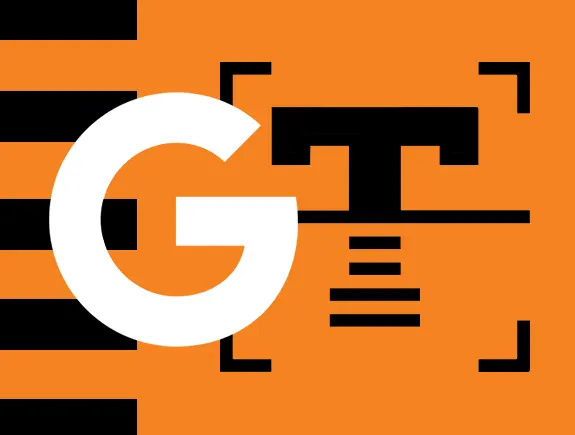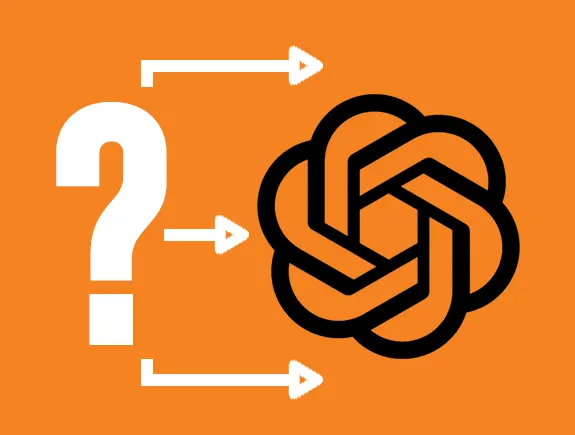Welcome to the future and the AI revolution, which has already started for some people a long time ago, while others joined it on November 30, 2022. Why then? The answer lies in the appearance of the first version of ChatGPT, an AI chatbot that delighted, but also disturbed all of us who are part of the digital world. The basic question that everyone, after its launch, is asking – is to what extent will this tool affect content creators?
Although this AI chatbot managed to excite many very quickly, others were still moderately optimistic and waited to try out how it works and test its limits, before jumping to conclusions. We must not forget about the third group – those who were scared by the appearance of this tool, for creating content with the help of artificial intelligence. They are the ones who asked themselves if this is a useful tool or if the tool will steal their business!
In this post, we will talk a bit about everything – the tool itself, its possibilities, and ultimate ranges, but also about why they should not be considered a threat, but an ally. Finally, we’ll look at how Google views content created with the help of AI.
What is ChatGPT and who created this advanced AI tool?
ChatGPT, launched by OpenAI, is an advanced artificial intelligence (AI) system designed to mimic natural human conversation. This tool allows you to ask questions and get answers in real-time. That way you can get useful information or theses for content creation.
To answer your questions, this tool uses LLM (large language model), an artificial intelligence based on an enormously large database. The specificity of this model is that it is made to receive commands from people and create long and detailed answers to complex questions.
OpenAI is a non-profit research startup from San Francisco, founded in 2015 by Elon Musk and Sam Altman (former president of Y Combinator – the incubator that launched Airbnb, Reddit, Quora, and Twitch). The goal of the foundation was to find a way to create different tools and programs, with artificial intelligence, that will serve humanity. In the beginning, they were a non-profit organization. Later, they moved into corporate waters and were joined by two more powerful businessmen, Reid Hoffman (co-founder of LinkedIn) and Peter Thiel (co-founder of PayPal).
I just 5 days, ChatGPT reached 1 million users, which is faster than any known platform. If we compare some of the most famous internet platforms, the numbers say the following. It took Facebook ten months, Spotify five, and Instagram about two and a half months.
What can ChatGPT do and what are its limits at the moment?
We can use this tool to write a short text, an article, a poem, or even a book in all foreign languages. It can also write codes for different programming languages. Unlike Google, it does not offer already written content but creates it itself. And that can be both good and bad for the one who gets hold of this tool.
The tool performs well when we need answers to simple questions because then it can combine publicly available information from various sources. Though basically it can be used to create optimized content for websites, there are certain limitations too. ChatGPT knows nothing about events after 2021 because its first (available) version was not connected to the Internet. Therefore, you should still turn to Google for all the latest information.
So far, it has proven that the better our knowledge of an area, the more precise the questions we ask ChatGPT. This further means that anyone who is already an expert in their field should not be afraid of such a tool, but learn to use it. This tool can show its full potential only when extensive and well-formulated questions are asked. But this still does not mean that it can create something on an academic level, e.g. Here we come to another obstacle.
Experts from different fields, as well as PhDs and professors, generally agree this AI tool still cannot create sufficiently professional text. They say that the level of written texts corresponds to the level of faculty knowledge, which may be sufficient for the general population, but not for the academic community.
Their recommendation is that you should not experiment, because someone who does not have a sufficient degree of expertise to evaluate the content of the text cannot even know whether the information is correct. This is very important for content writers who write blogs for a certain specific target group and professional audiences, such as the pharmaceutical, medical, or IT industries. Fact-checking is still important and necessary to check what is written before publication.
Does Google recognize content created with the help of AI and will it be banned?
It seems to us that this is the key question for all content creators. Content created by ChatGPT is currently known to be discoverable. Google knows well when content is written with the help of artificial intelligence, so it indexes and marks it specifically.
From Google, we have the statements of their PR Danny Sullivan, who claims that content created with the help of artificial intelligence is not completely banned. He states that the goal of their search engine is to offer useful content, so their positioning team is not concerned with how the content is created. The most important thing for them is that there is a mechanism that will remove useless content, regardless of who creates it.
Rest assured that Google will not penalize you if you use AI tools to create some text, but if that text is plagiarism of content already on the internet, then it will easily detect that. So originality is still the most important thing, and copying other people’s content has never and will not bring results.
The art of asking questions is the key to using ChatGPT
It seems that there is no need to panic after all and that quality writers and content creators will continue to have plenty of work in the future. What will separate the good writers from the best is the art of asking questions, as has always been the case with research and finding sources on Google.
The deeper a content writer is in a certain topic, the better they will know to research it and ask very specific and concrete questions to the AI chatbot. The answers they will get will be an excellent starting point for creating value and quality text full of information, not empty words. And quality information is precisely what readers are looking for.
Finally, if you are interested in how AI helped brands grow in 2022, then we are inviting you to read our post on this topic. Note, the text was written last year in July, when ChatGPT was not yet available for use, so it is not mentioned as one of the content creation tools.


